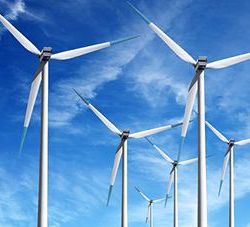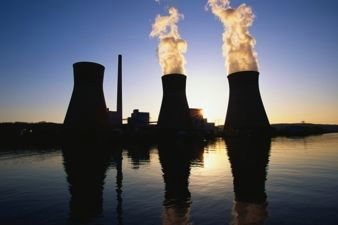 Sustainability report on progress with economic, ecological and social responsibility
Sustainability report on progress with economic, ecological and social responsibility- Focus on CO2-neutral mobility and production
- CO2-reduction target in production reached ahead of time
Ingolstadt, Germany – At the Annual General Meeting of AUDI AG, the company presented its Corporate Responsibility Report 2012, in which it reports on targets and activities in the field of sustainability. Audi intends to take a leading role also in this respect. The company assumes responsibility in the five key areas of products, environment, employees, society and business operations.
“We will shape individual mobility and our company so that they meet the stringent requirements of sustainability,” emphasized Rupert Stadler, Chairman of the Board of Management of AUDI AG. Sustainability in processes and products are, therefore, firmly established as a fundamental objective at Audi.
“We are convinced that we will only achieve sustained success as a result of responsible actions,” stated Dr. Peter F. Tropschuh, Head of Corporate Responsibility.
The Corporate Responsibility Report provides details of the specific targets, activities and key figures in accordance with the international standards of the Global Reporting Initiative (GRI). The premium brand prepared its corporate responsibility program following an exchange of opinions with interest groups and employees. This fact is clearly reflected in the sustainability report: An introduction from stakeholders precedes the individual chapters, which deal with the topics of product, environment, employees, society and operations.
Product
The focus of Audi’s commitment to corporate responsibility is in its core business: For example, the motto of “Vorsprung durch Technik” applies above all to the sustainability of the products. Audi has a long-term goal of achieving CO2-neutral mobility. The overriding objective in the field of product development is to steadily reduce CO2 emissions. Each new model should have significantly lower fuel consumption than its predecessor and thus also lower CO2 emissions. Already today, Audi supplies 112 model versions with CO2 emissions of less than 140 grams per kilometer and 41 models with less than 120 grams of CO2 per kilometer.
The company places priority on taking a holistic approach: Audi analyzes the environmental impact of its products over their entire lifecycle – from the production of raw materials to manufacturing to driving to recycling. With certification of environmental impact, Audi will demonstrate for each new model series the improvements in this respect compared with their predecessors.
The fuel supply chain is also relevant for a holistic analysis: Audi is performing pioneering work on the development of regenerative, climate-neutral fuels. The premium brand is currently putting the world’s first industrial-scale power-to-gas plant into operation in Werlte in Germany’s Emsland region. At this plant, Audi will use CO2 and regenerative electricity to produce e-gas, preferably from surplus wind energy. This synthetic methane can be fed directly into the natural gas network and supplied through natural-gas filling stations, to fuel the new Audi A3 Sportback g-tron, for example. Driving with Audi e-gas is close to being climate neutral: The CO2, released on driving was previously taken out of the atmosphere in the production of the e-gas.
Environment
The holistic approach also includes ambitious targets in the field of Group-wide environmental protection: Step-by-step, the manufacturing process should become CO2-neutral and free of wastewater.
At the sites in Germany, Audi already achieved a target in 2012 that was planned for 2020: the reduction by 30 percent of CO2 emissions per car produced compared with 1990. The target now is to reduce emissions by a further 40 percent by 2020 compared with 2010. Audi’s production at its main site in Ingolstadt is already 70 percent CO2-neutral.
100 percent of the electricity used by Audi has been from regenerative sources since the beginning of 2012, which is a significant milestone on the way to CO2-neutral production: CO2 emissions in Ingolstadt are decreasing by up to 290,000 tons each year. Electricity from regenerative sources is used throughout the plant and not only for the production of certain models.
Environmental protection has a long tradition at Audi: In 1995, Audi was the first premium brand to receive the EMAS certificate of the European Union for outstanding environmental protection.
Employees
Responsibility vis-à-vis employees has been firmly established in Audi’s corporate culture for a long time. That includes individual development perspectives as well as an attractive working environment. In 2012, the company’s management and labour council agreed on an employment guarantee for the entire Audi workforce until the end of 2018 – an important milestone for job security.
To facilitate the optimal combination of career and family life, flexible working-time models are possible at Audi, such as part-time work, telework and sabbaticals. At the end of 2012, more than 2,400 employees were working part time, which is possible even for employees working shifts. The offer of flexible childcare at the miedelHaus in Ingolstadt is unique, and allows Audi employees to react at short notice to special situations such as business trips or holidays of other childcare facilities.
In addition, Audi encourages the lifelong training and further training of its employees, promotes diversity and equal opportunities, and provides exemplary conditions for health and safety at work, such as the Audi preventative health check-up, for example.















